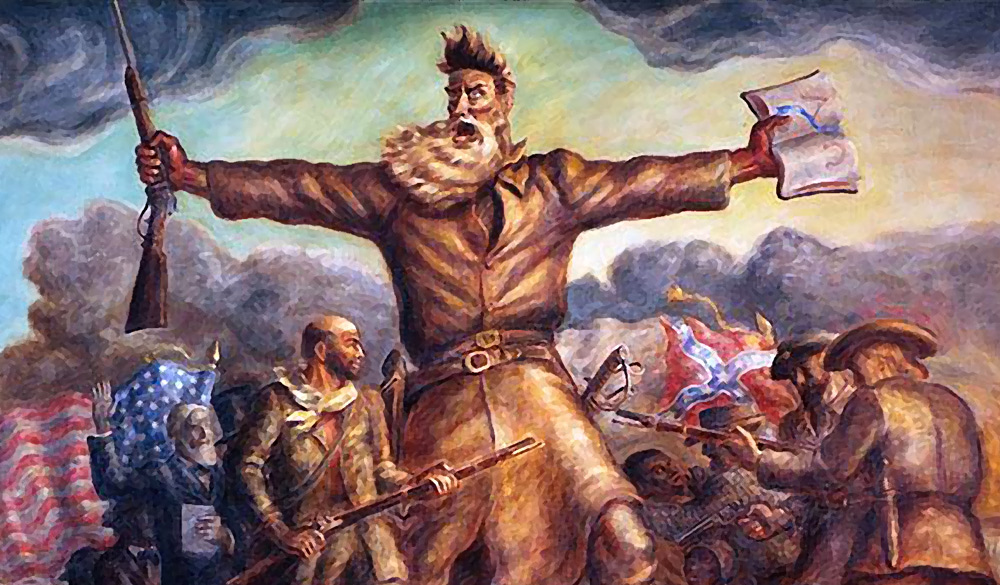On this very day 162 years ago, federal troops re-captured the armory building at Harpers Ferry, Virginia, where John Brown and what was left of his raiders were holed up.
Brown and 21 men — 14 white, seven black — had arrived on Oct. 16, 1859, to seize weapons to arm the slave revolt they attempted to spark. Even before federal troops arrived, townspeople and militiamen had trapped Brown.
Battling against the raiders, a Marine and four townspeople lost their lives, including the town’s mayor and a free African American. Ten of Brown’s men were killed, five escaped, and seven were captured, tried, convicted and executed, including Brown. Two enslaved African Americans who joined Brown also died in the fighting.
Though the raid itself was a failure, it heralded that slavery could not stand.
“Until this blow was struck, the prospect for freedom was dim, shadowy and uncertain,” Frederick Douglass spoke decades after the Civil War ended. “The irrepressible conflict was one of words, votes and compromises.
“When John Brown stretched forth his arm the sky was cleared.… and the clash of arms was at hand.”
School kids learn that Brown was something of a madman, and indeed he was accused of atrocities in Kansas and elsewhere. But how long must a person allow a crime as serious as the enslavement of 4 million people to continue before taking up arms?
“It was his peculiar doctrine that a man has a perfect right to interfere by force with the slaveholder, in order to rescue the slave,” argued Henry David Thoreau in “A Plea for Captain Brown,” adding, “I agree with him.”
Peaceful democratic means are always preferred over violence. But had I been on John Brown’s jury, I would have voted to acquit.
This is Common Sense. I’m Paul Jacob.
See all recent commentary
(simplified and organized)
See recent popular posts
